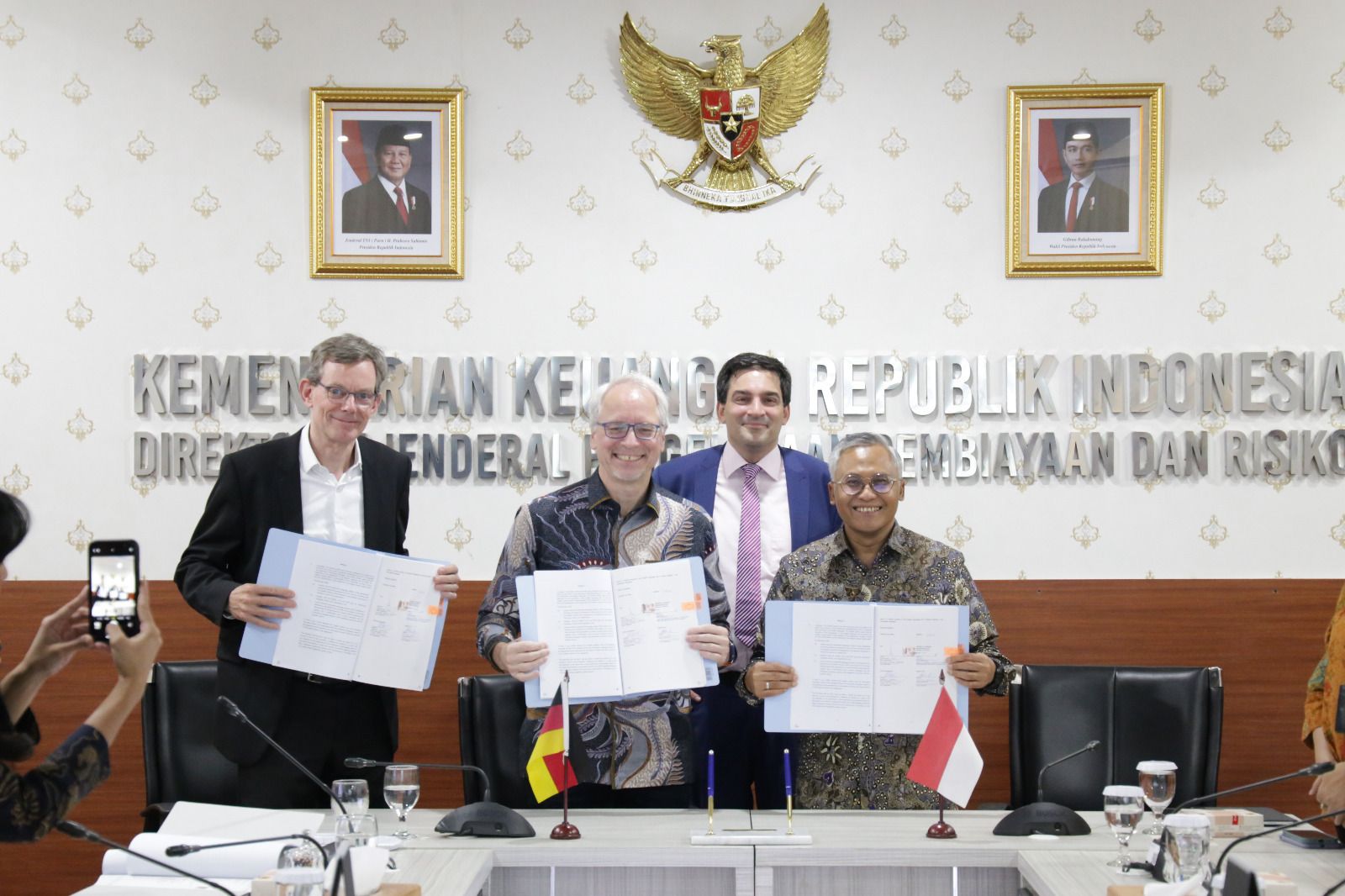Indonesia and Germany Agree on Debt-to-Health Swap for TB and HIV
On December 12, 2024, Indonesia and Germany signed a debt-to-health swap agreement valued at 75 million euros (approximately 1.2 trillion IDR). This agreement aims to bolster Indonesia's efforts in combating tuberculosis (TB), human immunodeficiency virus (HIV), hepatitis, and enhancing the overall healthcare system.
Understanding Debt-to-Health Swaps
A debt-to-health swap is a financial arrangement where a portion of a country's debt is forgiven in exchange for the debtor nation investing an equivalent amount into health programs. This innovative financing mechanism enables countries to redirect funds towards critical health initiatives, thereby improving public health outcomes.
Details of the Indonesia-Germany Agreement
The agreement formalizes a previous understanding reached in April 2024. Under this arrangement, the converted debt will be managed collaboratively by the Global Fund and Indonesia's Ministry of Health. The funds are earmarked for programs targeting TB, HIV, hepatitis, and strengthening the national healthcare infrastructure.
Global Fund's Role and Germany's Commitment
The debt-to-health swap operates under the Global Fund's Debt-to-Health (D2H) initiative, with Germany being the first partner since 2007. This initiative seeks to mobilize additional resources for countries receiving support from the Global Fund, exemplifying how nations can collaborate using innovative financial instruments to address global health challenges.
Implications for Indonesia's Healthcare System
This agreement signifies a substantial commitment to enhancing Indonesia's healthcare system. By converting debt into health investments, Indonesia can allocate more resources to combat infectious diseases like TB and HIV, which remain significant public health concerns. Additionally, this initiative supports Indonesia's pursuit of the Sustainable Development Goals (SDGs), particularly those related to health, aiming to end the spread of AIDS, TB, and malaria by 2030, and combat hepatitis and other communicable diseases.
Read More






 Thursday, 05-02-26
Thursday, 05-02-26







